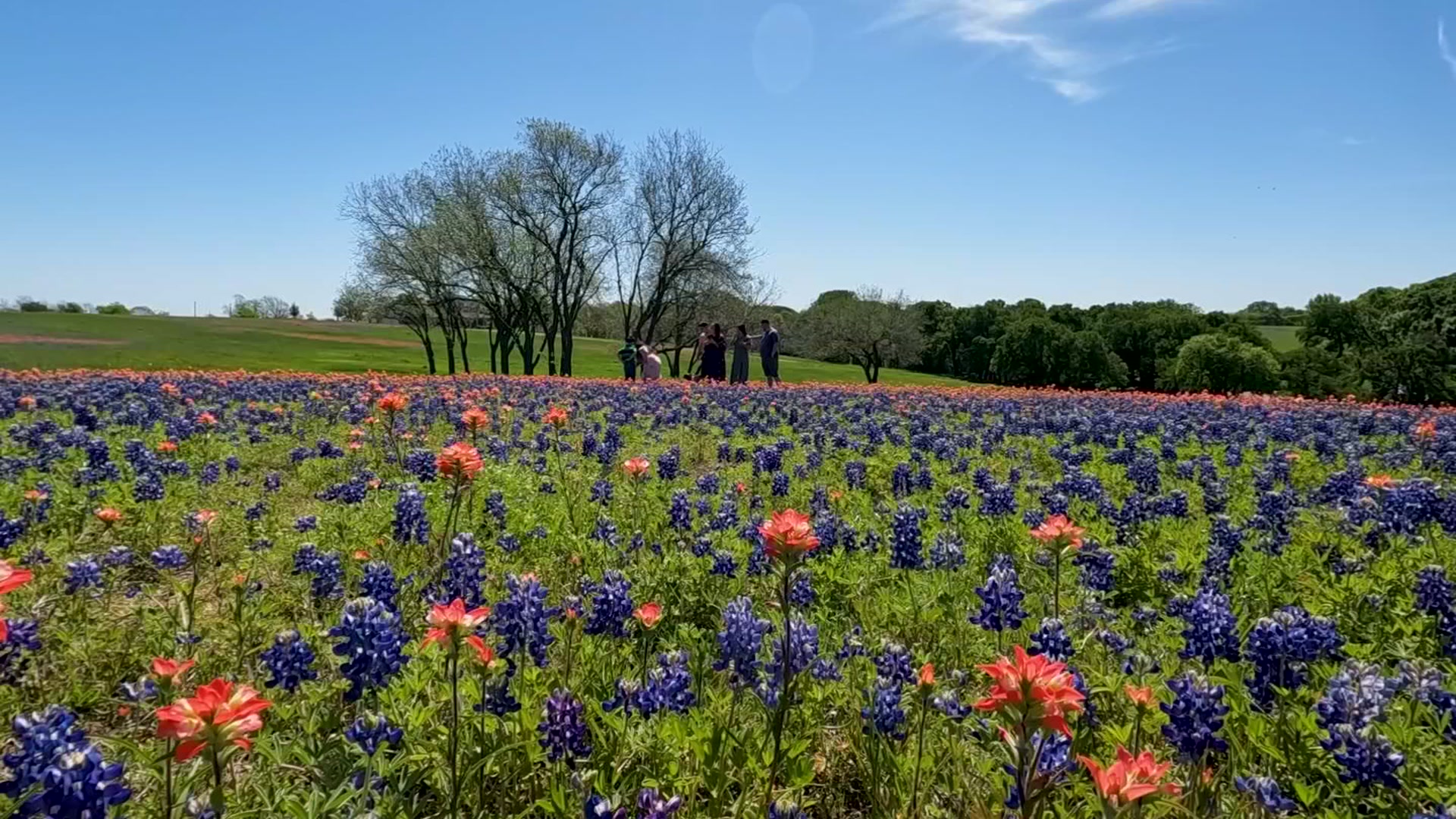Texas Agriculture Commissioner Sid Miller is urging Texans to take extreme precautions when receiving unsolicited seed packets from China.
According to the commissioner, the packets have been mailed to multiple states, including Texas, falsely labeled as jewelry.
"I am urging folks to take this matter seriously," Commissioner Miller said. "An invasive plant species might not sound threatening, but these small invaders could destroy Texas agriculture. TDA has been working closely with USDA to analyze these unknown seeds so we can protect Texas residents."
What to Know
- Anyone who receives a foreign package containing seeds should not open it. The contents should be kept in their original sealed package.
- The United States Department of Agriculture said on Tuesday it was collecting the seeds and would test them to determine if they were a concern to agriculture or the environment.
- The USDA said it had no evidence the shipments are something other than a “brushing scam,” in which people receive unsolicited items from a seller who then posts false customer reviews to boost sales.
The packets may contain harmful invasive species or be otherwise unsafe, the commissioner said, so residents are advised not to plant the seeds.
“We don’t know what kind of seeds they are,” said Dr. Kevin Ong with Texas A&M Agrilife Extension Service. “Not knowing what the seeds are could potentially open our agriculture industry up to noxious weeds. If that proves to be the case, if they take hold, they could impact agriculture negatively.”
Texas News
News from around the state of Texas.
An invasive species in agriculture that is not native to a particular region can destroy native crops, introduce disease to native plants, and may be dangerous for livestock, the commissioner said.
The USDA said it had no evidence the shipments are something other than a “brushing scam,” in which people receive unsolicited items from a seller who then posts false customer reviews to boost sales.
Among those to receive such a package was McKinney gardener Casey Cutler, who got one Tuesday.
“I just knew that I was going to get them because I’m a gardener and I would be the lucky person to receive seeds,” said Cutler with a laugh.
Fortunately, Cutler held onto the seeds and contacted the Texas Department of Agriculture, which is urging people not to plant them or throw them in the trash. The exact motivation for the packages remains under investigation but both the state authorities and The Better Business Bureau suspect it is part of a scheme known as “brushing” where companies ship unsolicited packages to boost their online rating.
“I would tell anybody who has had this happen, go see if your identity has been compromised, how did they get ahold of your address and information in sufficient amount,” said Phylissia Clark with the BBB.
Cutler said she hopes more people educate themselves on what to do if they receive a seed package.
“It’s quite common to seeds swap but if you see something from a foreign country, you definitely want to take some caution,” said Cutler.
What to Do With Mystery Seeds
Anyone who receives a foreign package containing seeds should not open it. The contents should be kept in their original sealed package.
Do not simply discard these seeds as they can potentially germinate and escape into nature, Ong said. All cases should be reported to USDA and all packages should be kept secure until USDA gives further instructions.
Anyone who received an unsolicited seed package should report it to SITC.Mail@aphis.usda.gov.



